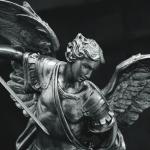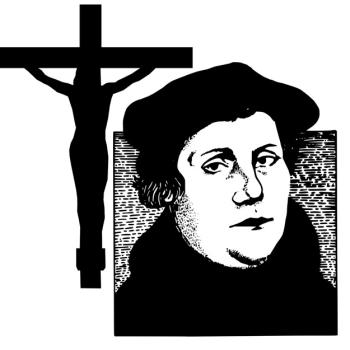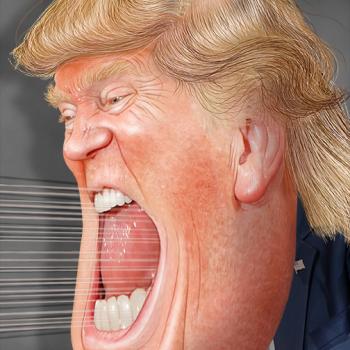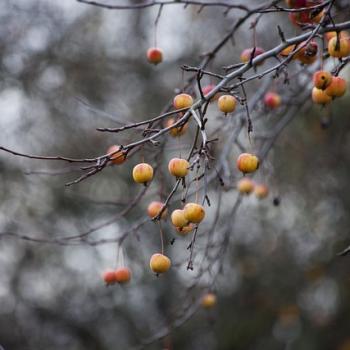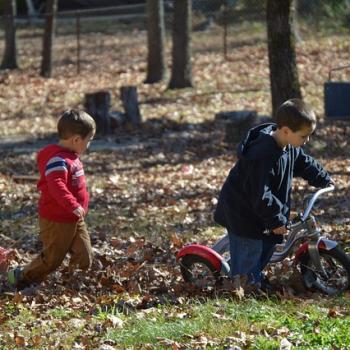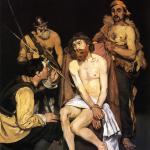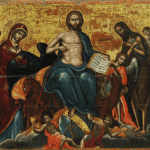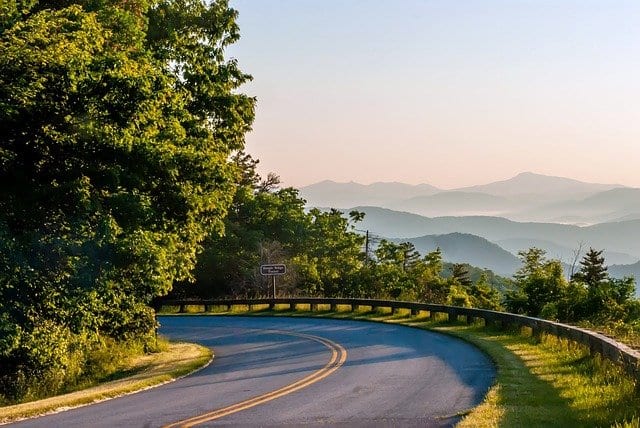
Jimmy the mechanic got a new car.
By which I mean, he got an old junk car that he knew he could resurrect. This was desperately needed, as they’d been without a vehicle for months. Somehow, as if by magic, he got that noisy beater up and running.
This was good for us as well, because I stay up late writing and can’t usually be relied on to get Adrienne to school in the early morning. If she didn’t want to take the first city bus at 6:30 in the morning with her friends and wait on the school’s doorstep until they opened the cafeteria for breakfast, she could sleep in an extra hour and catch a ride with Jimmy’s children. I could write until three in the morning and sleep until ten without any worry.
But then, of course, the car broke down.
This was a catastrophic breakdown; a death sentence for any car that didn’t belong to a very skilled mechanic. The car needed a whole new engine and a new transmission. Jimmy knew that he could put them in himself, if he could source the parts at the junkyard or online, but he didn’t have the money just then. He went through the rigmarole of asking around for rides so his children could get to school and his partner could get to work. Steubenville is not a very walkable city. The hills and cliffs of Northern Appalachia means that everything is twice as far on foot as as the crow flies. The bus comes about once an hour and it doesn’t go many locations. I’ve tried to call an UBER or a Lyft here with absolutely no luck. I’ve written more times than I can count about how downright traumatic it is to be trapped in a small town in Northern Appalachia without a vehicle. And that was me with only one child. Jimmy and his partner have three.
Adrienne was home sick with another interminable middle school virus for most of last week, so we managed. Jimmy said he’d nearly got his money together to get a ride out to the junkyard in Mingo and get that transmission and engine. We cashed my entire check from the newspaper that came on the first day of March, borrowed a bit more as a favor from a friend, and gave him an envelope full of cash so he could also pick up the parts for Serendipity and have a hundred for his labor. He had fixed my driver side door so that it would open and close, noisily, if you knew just where to push it, but the window was permanently stuck and the rain and snow tended to soak my seat– not to mention we’d been putting off replacing the motor mounts as well. With all we managed to pool, he could get his car up and running and ours finally in good shape, as soon as he got a ride to the junkyard.
On Sunday, he was at my door. “Can I ask for a ride to the AutoZone?”
AutoZone is in downtown Steubenville, at the bottom of the shale cliff. It’s almost exactly one mile away as the crow flies, and a miserable hike down and up an outdoor concrete staircase if you have to walk.
I said I’d take him in a few minutes, because I was going to the laundromat anyway, as long as he didn’t mind wearing a mask since Michael and I were coming down with Adrienne’s virus.
Of course he wanted to know what was wrong with our dryer. I explained that it was probably just the lint getting stuck in the back or maybe a broken element, but we’d been without the tool to get the back off for the past five months so we’d been taking freshly washed clothes to the laundromat to dry. He immediately took both baskets of laundry to his house to dry for free. He said he had the tool himself, and he’d take the back off the dryer and clean it out when he had the chance.
Next thing I knew he was back on my doorstep, masked and in his mechanic’s coveralls. I jumped over the passenger seat to drive Serendipity, and we went to the AutoZone.
Everyone knows about the Sam Vimes Boots Theory of Socioeconomic Unfairness, which explains why poverty is so expensive. Perhaps if Terry Pratchett had been from Appalachia, he’d have written a Sam Vimes Car Theory. Jimmy emerged from the AutoZone twenty minutes later with two giant red jugs of fluid and an armload of little boxes, muttering “two hundred dollars later” to himself. Sometimes, when you’re a poor Appalachian father, you have to spend hundreds of dollars out of the blue because you were too poor to afford the several thousand it would take to get a reliable car. We talked about car parts and how expensive everything was all the way back to LaBelle. He wouldn’t be able to get to the junkyard until later in the week, and all the different parts he’d ordered online would trickle in between now and the eighth.
That night, when he showed up with my laundry, I had an idea. “If you’ll use it to take Adrienne to school for me in the mornings, you can just borrow Serendipity to run your errands for a few days. Come down and ask for the key any time.”
And he did.
He’s taken Adrienne to school and his partner to work in Serendipity. He drove Serendipity out to the junkyard in Mingo– five miles away as the crow flies, at least half an hour on country roads, as far away as the rings of Saturn if you tried to walk there. He ordered his secondhand engine and my secondhand door. He did the shopping and picked up his partner from work. When he returned the car to me this evening, I found he’d gotten half a tank of gas, which I hadn’t had any money to do myself.
Jimmy’s boy came out to entertain me while I sat on the porch that evening– telling me stories of the ghost that haunts his basement and the bees that live under my porch. He admired the green spikes of the tulips and daffodils he’d helped me plant in October, peeking out of the soil in the planters.
I realized again that I like living here, and I no longer want to move back to Columbus.
I like the topsy turvy mountain roads. I like the crazy adventures I get myself into. I like the people.
You’ve read the Sam Vimes Boot Theory of Socioeconomic Unfairness. Now, here’s the Mary Pezzulo Car Theory of Appalachian Solidarity: money makes everything easy. Friends make everything bearable. It would be best of all to have plenty of both. But in a pinch, if you can only have one, friends are much better than money.
Mary Pezzulo is the author of Meditations on the Way of the Cross, The Sorrows and Joys of Mary, and Stumbling into Grace: How We Meet God in Tiny Works of Mercy.


